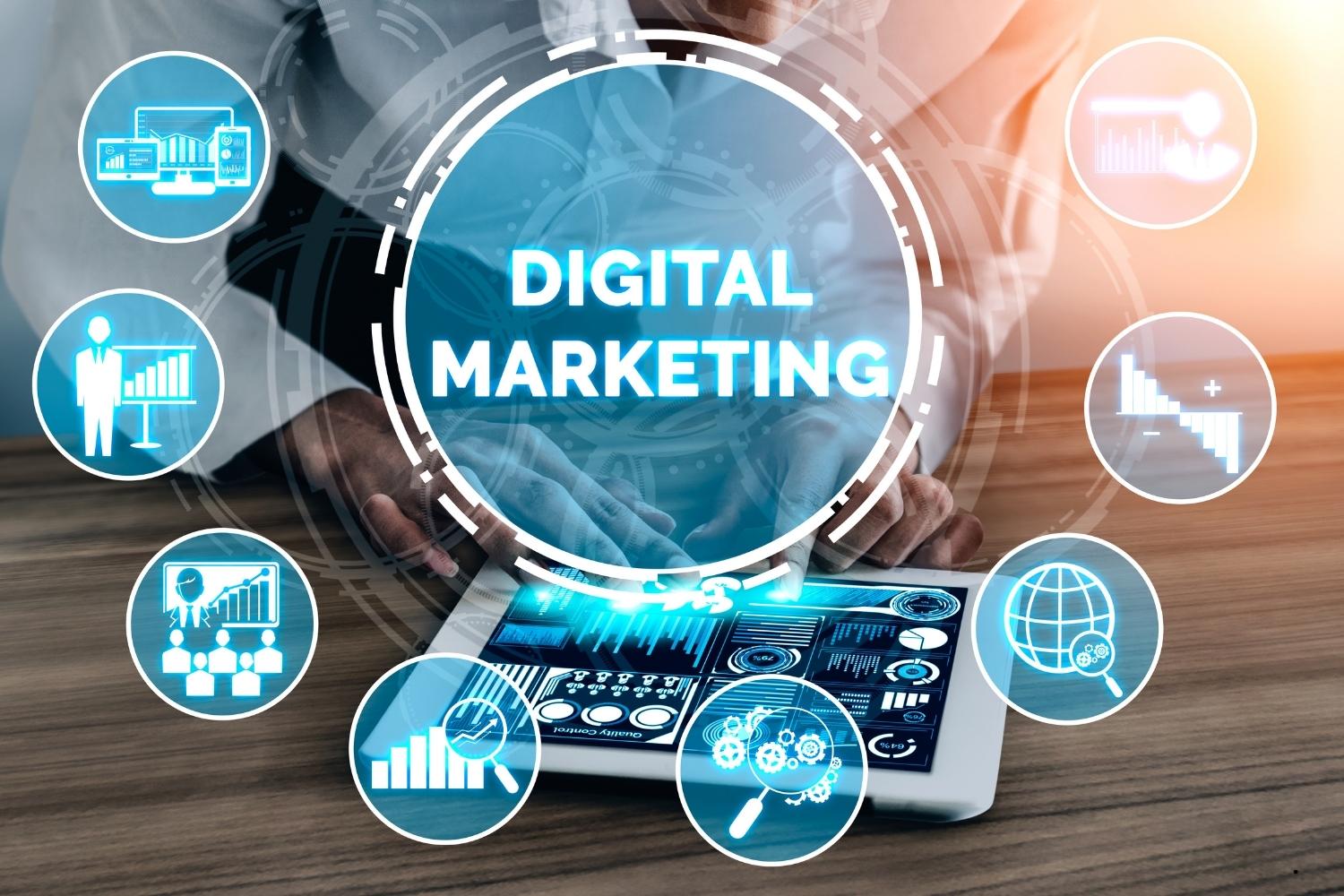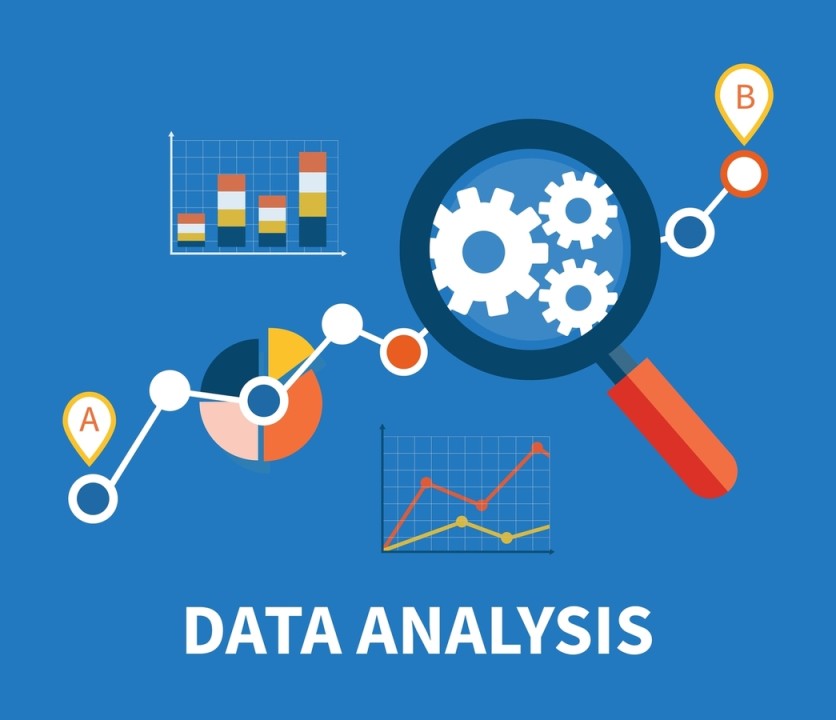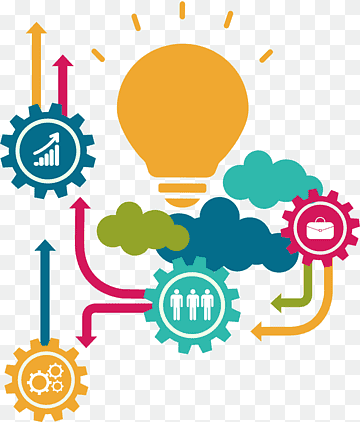
Pre-requisite – 221- 211 Organizational Management | Credit 3 (3-0-6)
Course description:
The fundamentals of leadership and its function in overseeing individuals and organizational systems. In addition, the topics covered include important aspects of leadership, including effective leadership behavior, its approaches to organizational change, power, and influence, the distinctions between management and leadership, leadership strategies to catalyze and support change, change management, its models and approaches to managerial behavior the dimensions and challenges of change in organizations, change
resistance, and transition management and the effects of an innovative mindset on people and systems in a dynamic global and virtual environment.
Course learning outcome (CLOs):
- Discuss the importance and prevailing theories and examples of organizational effective leadership
- Discuss various leadership skills for effective organization
- Identify the power and influence of leaders, and identify the innovative mindsets needed for leaders in the dynamic business environment
- Compare and contrast different leadership styles for management
- Teacher: Aj. Saif Ur Rahman

Pre-requisite – 221-205 Principles of Marketing | Credit 3 (3-0-6)
Course description:
An overview of digital marketing, including digital marketing strategies, digital consumers, content marketing, strategies, and relationship building for digital platforms. Topics covered include search engine optimization (SEO) and pay per click (PPP); mobile marketing; online advertising; tools for the effectiveness of digital marketing; social media marketing, and website planning and creation for digital platforms.
Course learning outcome (CLOs):
- Discuss the knowledge that encompasses and incorporates the key elements, boundaries, vocabulary, and conventions of digital marketing.
- Plan strategies for SEO and PPP
- Identify online consumers and design appropriate online advertising for digital consumers.
- Prepare digital marketing campaign and formulate tactics for enhancing digital consumers.
- Teacher: Aj. Sabbir Hossain

Pre-requisite: 221-209 Business Statistics, 221-210 Business Economics | Credit 3 (3-0-6)
Course description:
Types of data, data identification, data collection, data analysis, and the principles, practices, and approaches used in business. The difference between data and information and using software tools to analyze data for better decisions are some topics to be covered. In addition, topics covered include, correlation analysis, linear and multiple regression models using a spreadsheet, or SPSS, for problem-solving and decision-making.
Course learning outcome (CLOs):
- Describe data types, how they are used, and the benefits and drawbacks of using quantitative data to understand the world.
- Evaluate and differentiate between data and information and analyze them for better decision making.
- Use statistical software to use data and interpret the result for business decision making.
- Analyze simple research designs to identify causal relations between variables.
- Teacher: Dr. Sumaia Farzana

Pre-requisite – 221- 211 Organizational Management | Credit 3 (3-0-6)
Course description:
The fundamentals of leadership and its function in overseeing individuals and organizational systems. In addition, the topics covered include important aspects of leadership, including effective leadership behavior, its approaches to organizational change, power, and influence, the distinctions between management and leadership, leadership strategies to catalyze and support change, change management, its models and approaches to managerial behavior the dimensions and challenges of change in organizations, change
resistance, and transition management and the effects of an innovative mindset on people and systems in a dynamic global and virtual environment.
Course learning outcome (CLOs):
- Discuss the importance and prevailing theories and examples of organizational effective leadership
- Discuss various leadership skills for effective organization
- Identify the power and influence of leaders, and identify the innovative mindsets needed for leaders in the dynamic business environment
- Compare and contrast different leadership styles for management
- Teacher: Aj. Saif Ur Rahman
Pre-requisite – None | Credit 3 (3-0-6)
Course description:
An overview of operation management concepts, including principles, issues, and practices. Operations in manufacturing and service companies, the production process, the factors and standards used in production decision-making, control, and production operations are some of the topics to be taught. Special emphases are given to forecasting, just-in-time inventories, operation planning and control, quality control, safety management, controlling the supply chain, and the nature of production management and its function, a
comprehensive overview of the effect of technology on various operating models including manufacturing, product development, supply chain management, customer facing, and functions of support (e.g., finance and HR).
Course learning outcome (CLOs):
- Discuss concepts, issues and practices of operation management
- Formulate strategies to increase productivity and analyze operations in manufacturing and service industries
- Apply tactics for planning and control, safety management, and identify strategies for controlling supply chain in the business operations
- Analyze just-in-time inventories and plan for future
- Teacher: Dr. Khwanchol Kampan Ninlaor
Pre-requisite: 221-211 Organizational Management | Credit 3 (3-0-6)
Course description:
An overview of strategic management and its importance, as well as how to analyze the external and internal environments of the business. Topics covered include business strategy formation, implementation, review, and evaluation for competitive advantage in business. Additionally, specific emphasis will be given to Porter’s strategic matrix, Porter’s five forces, and competitor analysis. Furthermore, students will learn to discuss issues like the allocation of resources, leadership, organizational structure, and culture within the
organization.
Course learning outcome (CLOs):
- Evaluate the internal and external environment for the competitive advantage of the organization.
- Explain porter's five forces, and strategic mix for business.
- Apply appropriate strategy for the organization to gain competitiveness.
- Analyze competitors and combine the data required to evaluate the strategic health and long-term financial performance of the company.
- Teacher: Dr. Tenzin Rabgyal
Pre-requisite None | Credit 3 (3-0-6) | HTM Concentration Module 1
Course description:
History and evolution of service industry for example, hotels, airlines, airports, hospitals, arenas and restaurants; types of service operation; organization chart; principles of service management; basic knowledge and skills of service, service for food and beverage; relations between departments within service organizations; co-ordination between service-oriented business and the other related businesses; Evolution, meaning, significance, trends, characteristics, as well as major and supporting components of the tourism industry; tourism impacts, planning and development concepts; governmental roles and policies in developing tourism organizations in national and international levels including information technology
for tourism, hotel related case studies are main in this subject
Course learning outcome (CLOs):
- Understand the history and evolution of the service industry
- Acquire knowledge of service management principles
- Understanding of the tourism industry, including its evolution, significance, and hotel components
- Examine the roles and policies of governments in developing tourism organizations at both national and international levels
- Teacher: Aj. Katayoun Ghazaei

Pre-requisite - 117-602 | Credit 3(2-2-5)
Course description:
Optimizing product and service management through efficient production and transportation processes, covering project management concepts such as resource management, finance, marketing, human resource management, and risk management, with an emphasis on sustainability through the principles of the circular economy (BCG), and prepares students to manage startups by implementing project management techniques like the Plan-Do-CheckAct (PDCA) cycle, identifying critical paths, and utilizing Gantt charts, business models, or project management software, promoting sustainable project management by developing prototypes to create various types of businesses, including social enterprises, and equipping students with the skills necessary for practical operation and successful, Sustainability business management.
Course learning outcome (CLOs):
- Teacher: Dr. Sumaia Farzana
- Teacher: Aj. Saif Ur Rahman

Pre-requisite: None | Credit 3(2-2-5)
Course description:
Data visualizations for industry developments; history analysis and development of future concepts in relevant field; data mining data analytic concepts; application of artificial intelligence (AI) based tools and data analytic tools as needed sustainable.
Course learning outcome (CLOs):
- Teacher: Dr. Parham Porauhan (Ph.D.)
